6 Ingredients You Can Use To Fight Acne
By: Priyanka Maheshwari Wed, 21 June 2023 7:00:48
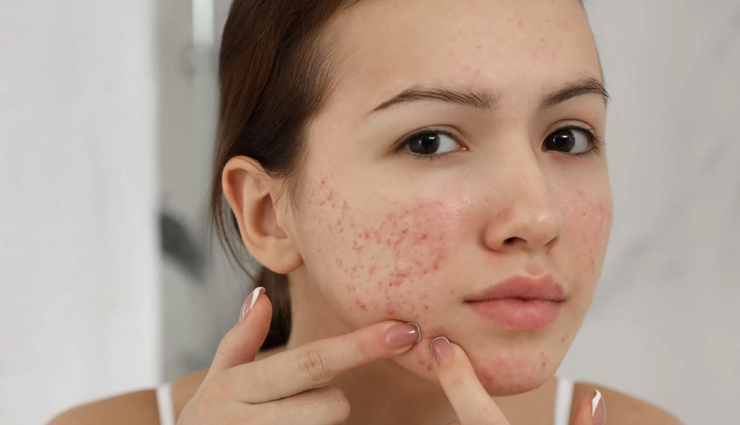
Managing skin prone to acne can be quite difficult, and it often feels like a constant struggle to discover the ideal skincare components that prevent breakouts. We've all encountered the exasperation of waking up to a fresh breakout or dealing with uncooperative skin. However, there's no need to fret because you're not alone! The positive news is that numerous skincare ingredients exist that can assist in preventing breakouts and fostering a clearer complexion.

# Salicylic Acid
Salicylic acid is a highly effective ingredient for treating acne. It is commonly used in skincare products due to its ability to unclog pores, reduce inflammation, and exfoliate the skin. By penetrating the pores and dissolving excess oil and dead skin cells, salicylic acid helps to prevent the formation of blackheads, whiteheads, and acne blemishes.
When applied topically, salicylic acid works as a keratolytic agent, which means it promotes the shedding of dead skin cells. This exfoliating action helps to keep the pores clear and prevent them from becoming clogged, reducing the likelihood of acne breakouts.
Moreover, salicylic acid has anti-inflammatory properties that can soothe redness and inflammation associated with acne. It helps to calm the skin and reduce the size of existing pimples.
When using products containing salicylic acid, it's important to start with a low concentration and gradually increase it to avoid potential skin irritation. It is also advisable to follow the instructions provided by the product and consult with a dermatologist if you have any concerns or specific skin conditions.
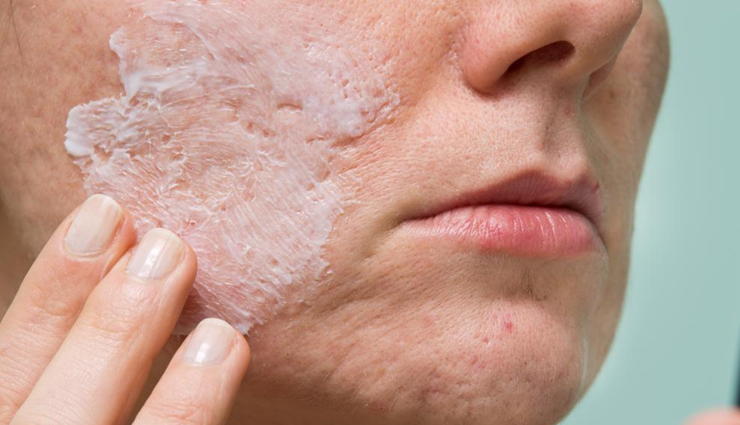
# Benzoyl Peroxide
Benzoyl peroxide is a widely used ingredient for combating acne. It is known for its effective antimicrobial properties, making it an excellent choice for treating acne-causing bacteria on the skin's surface. Benzoyl peroxide works by penetrating the pores and killing the bacteria that contribute to acne breakouts.
When applied topically, benzoyl peroxide releases oxygen, which creates an inhospitable environment for the acne bacteria. By reducing the number of bacteria on the skin, it helps to minimize inflammation and prevent new acne lesions from forming.
In addition to its antibacterial effects, benzoyl peroxide also functions as an exfoliant. It helps to remove dead skin cells and unclog pores, which can reduce the occurrence of whiteheads and blackheads.
Benzoyl peroxide is available in various concentrations and formulations, including creams, gels, and washes. It's important to start with a lower concentration and gradually increase it to minimize potential skin irritation. It's also essential to follow the instructions provided by the product and consult a dermatologist if you have any concerns or specific skin conditions.
However, benzoyl peroxide can be drying and may cause temporary redness or peeling of the skin. It is advisable to use a non-comedogenic moisturizer to help hydrate and protect the skin while using benzoyl peroxide.
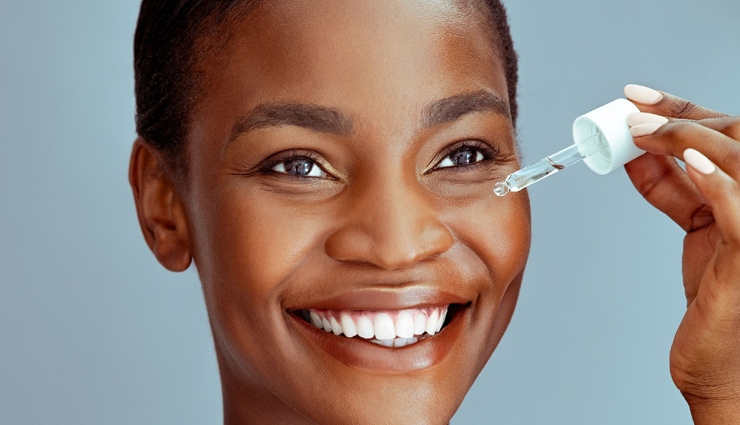
# Retinoids
Retinoids are a class of vitamin A derivatives that are highly effective in the treatment of acne. They work by regulating cell turnover, reducing inflammation, and preventing the formation of clogged pores.
Topical retinoids, such as tretinoin, adapalene, and tazarotene, are commonly used in acne treatment. When applied to the skin, they help to unclog pores by increasing the turnover of skin cells, preventing the accumulation of dead skin cells and sebum. This process reduces the formation of whiteheads and blackheads and helps to prevent future breakouts.
Retinoids also have anti-inflammatory properties, which can help reduce redness and swelling associated with acne lesions. They can help to calm irritated skin and promote a more even complexion.
Furthermore, retinoids have been shown to stimulate the production of collagen, which can improve the texture and appearance of the skin over time. This can be beneficial for individuals with acne scars or post-inflammatory hyperpigmentation.
It's important to note that retinoids can initially cause skin irritation, dryness, and peeling. It's recommended to start with a lower concentration and gradually increase the frequency of application to allow the skin to adjust. It's also crucial to use sunscreen during the day, as retinoids can increase the skin's sensitivity to the sun.
Retinoids are available both over-the-counter and through prescription, with higher-strength formulations typically obtained through a dermatologist. Consulting with a healthcare professional can help determine the most suitable retinoid treatment plan based on individual needs and skin type.
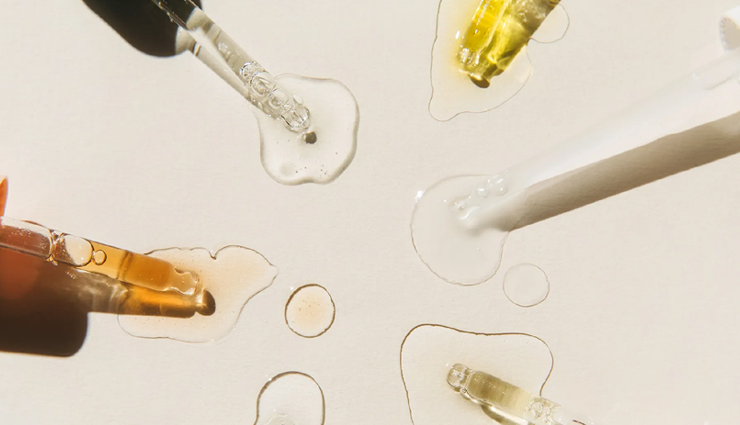
# Niacinamide
Niacinamide, also known as vitamin B3, is a beneficial ingredient for treating acne-prone skin. It offers several advantages in managing acne and promoting clearer skin.
One of the primary benefits of niacinamide is its ability to regulate sebum production. Excess sebum can contribute to clogged pores and acne breakouts. Niacinamide helps to balance oil production, reducing the likelihood of pore blockages and the formation of comedones (blackheads and whiteheads).
Niacinamide also possesses anti-inflammatory properties, which can help calm redness and irritation associated with acne. It can reduce the appearance of inflammatory acne lesions and help prevent them from worsening.
Furthermore, niacinamide supports the skin's barrier function, improving its overall health. A stronger and more resilient skin barrier is better equipped to defend against external aggressors and reduce sensitivity, which can be beneficial for acne-prone skin that may be prone to environmental irritants.
In addition to its direct effects on acne, niacinamide can also address some of the common concerns related to acne-prone skin, such as post-inflammatory hyperpigmentation. It can help even out skin tone and fade dark spots left behind by previous breakouts.
Niacinamide is typically well-tolerated by most skin types and can be found in various skincare products, including serums, creams, and cleansers. It can be incorporated into a regular skincare routine alongside other acne-fighting ingredients.
As with any new skincare product, it's always recommended to perform a patch test before applying niacinamide to the entire face, especially for those with sensitive skin. If any adverse reactions occur, it's advisable to discontinue use and consult a dermatologist.
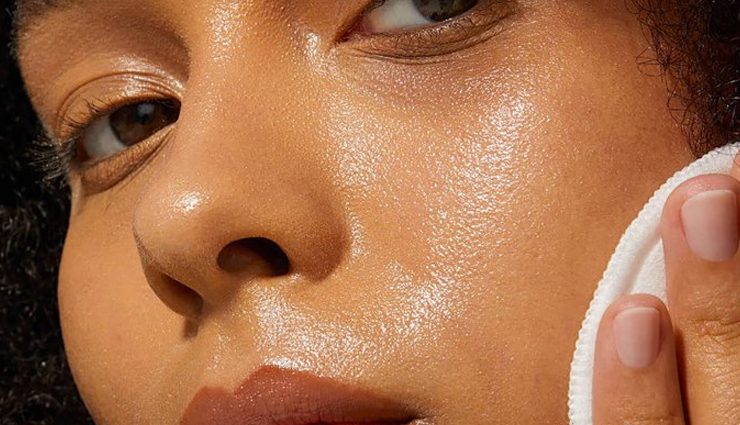
# Azelaic Acid
Azelaic acid is a versatile and effective ingredient for treating acne. It offers several benefits in managing acne-prone skin and promoting a clearer complexion.
One of the primary functions of azelaic acid is its ability to regulate the production of keratin, a protein that can contribute to the formation of comedones (clogged pores). By preventing excessive keratin buildup, azelaic acid helps to keep the pores clear and reduce the occurrence of blackheads and whiteheads.
Azelaic acid also has antimicrobial properties, which means it can target the bacteria that contribute to acne breakouts. By reducing the number of acne-causing bacteria on the skin, it helps to prevent inflammation and the formation of new acne lesions.
Furthermore, azelaic acid has anti-inflammatory properties, making it effective in reducing redness and swelling associated with acne. It can help calm the skin and promote a more even skin tone.
In addition to its anti-acne properties, azelaic acid has been shown to have a brightening effect on the skin. It can help fade post-inflammatory hyperpigmentation, which are the dark spots or discoloration left behind by acne breakouts.
Azelaic acid is available in various forms, including creams, gels, and serums. It can be used as a standalone treatment or in combination with other acne-fighting ingredients.
Azelaic acid is generally well-tolerated by most skin types, including sensitive skin. However, as with any new skincare product, it's recommended to perform a patch test before applying it to the entire face to ensure there are no adverse reactions.
It's important to note that results may take time with azelaic acid, and consistent use is key. It's advisable to follow the instructions provided by the product and consult with a dermatologist if you have any concerns or specific skin conditions.
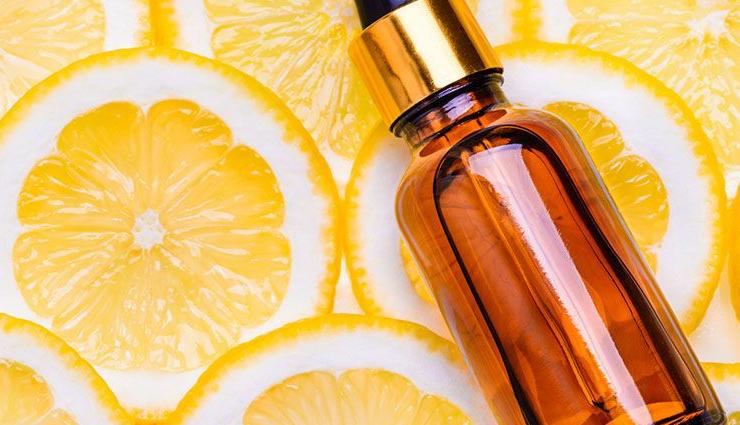
# Alpha-Hydroxy Acids
Azelaic acid is a versatile and effective ingredient for treating acne. It offers several benefits in managing acne-prone skin and promoting a clearer complexion.
One of the primary functions of azelaic acid is its ability to regulate the production of keratin, a protein that can contribute to the formation of comedones (clogged pores). By preventing excessive keratin buildup, azelaic acid helps to keep the pores clear and reduce the occurrence of blackheads and whiteheads.
Azelaic acid also has antimicrobial properties, which means it can target the bacteria that contribute to acne breakouts. By reducing the number of acne-causing bacteria on the skin, it helps to prevent inflammation and the formation of new acne lesions.
Furthermore, azelaic acid has anti-inflammatory properties, making it effective in reducing redness and swelling associated with acne. It can help calm the skin and promote a more even skin tone.
In addition to its anti-acne properties, azelaic acid has been shown to have a brightening effect on the skin. It can help fade post-inflammatory hyperpigmentation, which are the dark spots or discoloration left behind by acne breakouts.
Azelaic acid is available in various forms, including creams, gels, and serums. It can be used as a standalone treatment or in combination with other acne-fighting ingredients.
Azelaic acid is generally well-tolerated by most skin types, including sensitive skin. However, as with any new skincare product, it's recommended to perform a patch test before applying it to the entire face to ensure there are no adverse reactions.
It's important to note that results may take time with azelaic acid, and consistent use is key. It's advisable to follow the instructions provided by the product and consult with a dermatologist if you have any concerns or specific skin conditions.





